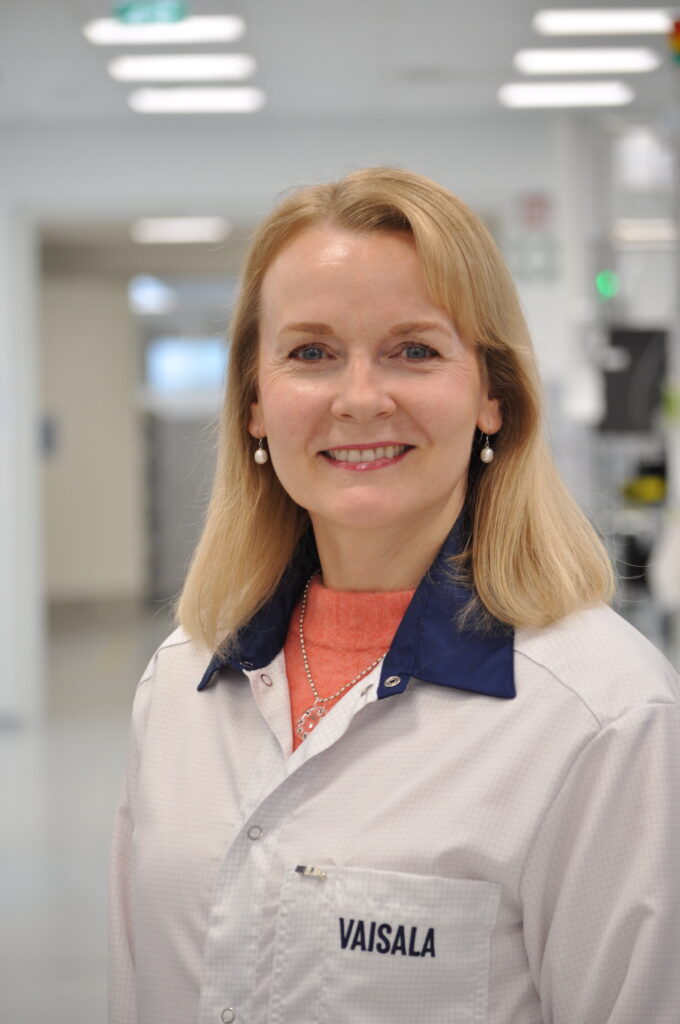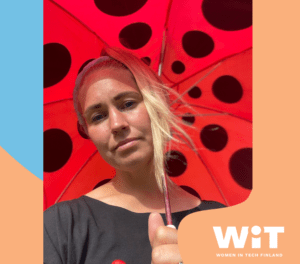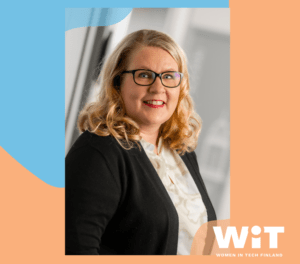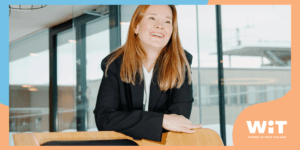I am a specialist in the semiconductor industry – the field where we design and manufacture semiconductor devices that serve as the foundation for nearly all electronic devices. My career has been quite steady; since graduation, I’ve only worked at three different places. My first five years were at Micro Analog Systems, then I spent eighteen years at Murata Electronics, and now I have worked at Vaisala for almost four years as the Director for the Sensor Factory.
Finding my dream field through a summer job
When I was younger, I never had in mind to study anything related to technology. Instead, I wanted to become a medical doctor. But when I applied, I did not pass the exams to enter the faculty, and that’s when my family encouraged me to try out technology, as I was quite good at mathematics and physics. I began my studies in Material Science and Semiconductors and Electronics Materials at Aalto University, back then Helsinki University of Technology, and to my surprise, started enjoying the campus life and the studies quite quickly.
Almost coincidentally, I secured a summer job at Okmetic, which makes silicon wafers for the semiconductor industry. It was supposed to be just a summer job, but it ended up pointing me in the perfect direction. Their site looked pristine, like a clean laboratory – completely different to what I had imagined factories to look like. That made me realise that there are different kinds of industries, and not all are the “traditional factories” I’d had in mind. This experience sparked my interest in the semiconductor field, and I decided to focus on that.
Eighteen years of steady growth and surprising challenges along
My first full-time job was at a company called Micro Analog Systems, which produced integrated circuits. I was working as a process engineer and leading a small team for five years – quite challenging for a first job! At some point, I decided to look for new opportunities, and as luck would have it, an old friend from university tipped me about an engineering position available at Murata: that’s how I started my journey in the company, as a process engineer. In less than one year I was promoted to leading a small team, and quite soon after that, I got a bigger team to lead.
I ended up working at Murata for almost two decades. Along with amazing colleagues and rewarding work, I was motivated by seeing the company develop and grow over time. The company went into Japanese ownership at some point, which gave me an invaluable lesson on cross-cultural communication: Language barriers and differences in communication style are quite common in multinational organizations, but with practice and positive approach, common flow can be found.

Ulla Bogdanoff, Director of the Sensor Factory, Vaisala
Building a new professional ‘home’ at Vaisala
The decision to leave Murata was both tough and easy for me. I wanted to explore new areas and I was ready to take on more responsibility. I came across an opening at Vaisala, which entailed carrying the responsibility for a whole factory, instead of being only responsible for the process quality. It was clear to me: I had to take the chance.
We have three factories at Vaisala Finland, and I am the Director for one of them – the Sensor Factory. We produce sensors for Vaisala’s internal use: after manufacturing, our sensors are shipped to two of our other factories, either to the Instrument Factory or the Weather Factory.
It’s been exciting to witness how Vaisala’s rapid development has allowed new opportunities for me and my team in terms of strategic development. For example, a few years ago I initiated a process of building a new cleanroom, to maintain the required high quality. The initiative was approved, we started planning the new cleanroom right away, and finally the new facilities were taken into use in May 2023. Now we have started planning the expansion of our other cleanroom. For me, these initiatives and many system improvements have proven, that this company values fresh ideas and growth.
Learnings from podcasts
I like to listen and learn from podcasts. One of my latest discoveries was the OKR (Objective and Key Results) method, when I searched for episodes on strategic work. Often when new strategies are devised, there is a risk of getting stuck in the planning phase: lots of PowerPoints, discussions, and workshops, but the actual implementation might not get followed. With OKR we now set targets and the teams then work based on them. We are still practising, but it seems like an interesting approach!




